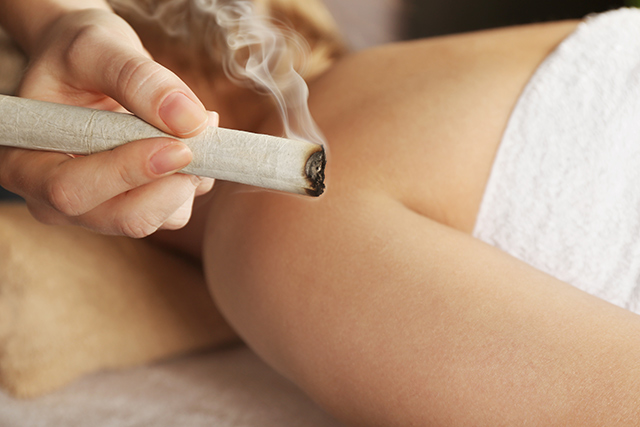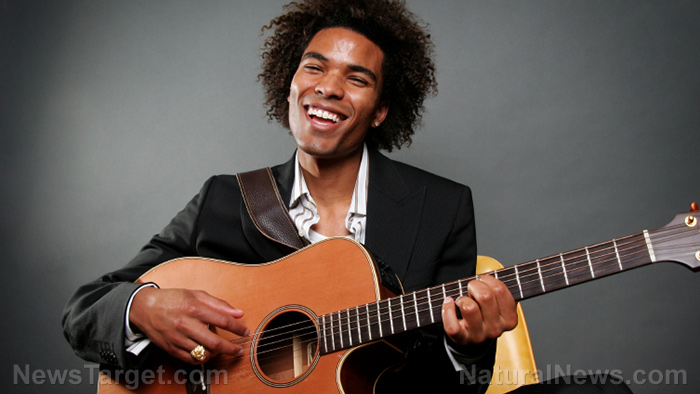Study looks at why we use music as a sleep aid
02/11/2019 / By Edsel Cook

British researchers found out why many people listen to music before and during sleep. They reported that the participants of their online survey did so in the belief that music made it easier to fall asleep and stay soundly asleep.
Their study is considered to be the pioneering investigation of music as a means by which people improved their sleep. It received support from the University of Sheffield, the university of lead researcher Tabitha Trahan and her colleagues.
Many people suffer from sleep loss. A lack of sleep degrades the health and capability of a person, which would affect the quality of his or her life and work.
Conventional treatment consists of pharmaceutical drugs that artificially increase certain natural chemicals associated with sleep. They can be expensive for the patient, display negative side effects, and do not always work.
Trahan is one of the researchers who have come to believe that music could offer an alternative and more natural means of improving sleep. She conducted the survey to determine how many people use it as a sleep aid, the reason for their selection of music as their means of therapy, and the type of music that lulled them to sleep. (Related: Biological PROOF that singing benefits cancer patients.)
Younger, more musically inclined people like to use music as a sleep aid
The Sheffield researchers held an online survey that anyone could choose to join in. They asked the respondents to grade certain questions about musicality and its effects on sleep habits.
Furthermore, a respondent could submit open-text answers that provided greater detail than scores. They could explain what kind of music helps them sleep, as well as what they believe was the reason for the effectiveness of the song.
A total of 651 people participated in the study. Of this number, 403 respondents (62 percent) confirmed that they used music as a sleep aid at night. The participants who answered in the positive listened to 545 different performers who performed songs in 14 music genres.
There were also respondents who enjoyed normal sleeping patterns but chose to listen to music on a daily basis, including before and during their sleep. These participants remarked that music made their sleep experience feel much better.
Analysis of the ages and habits of the participants revealed that younger people with significant exposure to music were much more prone to using music as a sleep aid.
Last but not least, respondents maintained two distinct opinions regarding music. First, they believed that listening to music encourages the mind and body to fall asleep. At the same time, they also think that it stops a chemical process that could disturb one’s sleep.
The first and largest online survey of music as a sleep aid
Trahan enumerated several drawbacks of their study. The answers were self-reported, so analysis was limited to the participant’s individual belief and the researchers were unable to find out the psychological and physiological effects of using music as a sleep aid.
The respondents of the study selected themselves. This bias could have skewed the population of the participants towards music users.
In conclusion, the Sheffield researchers said their study provided the first systematically collected evidence on a large group of people whose usage of music was based on the belief that it worked as a sleep aid. They believe their findings could be used as a stepping stone toward further studies of therapeutic uses for music.
“The largest ever survey of everyday use of music for sleep reveals multiple pathways to effect that go far beyond relaxation; these include auditory masking, habit, passion for music, and mental distraction,” wrote Trahan in the study.
Sources include:
Tagged Under: benefits of music, listening to music, music, natural remedies, natural sleep aids, research, sleep aid, sleeping

















